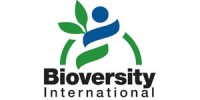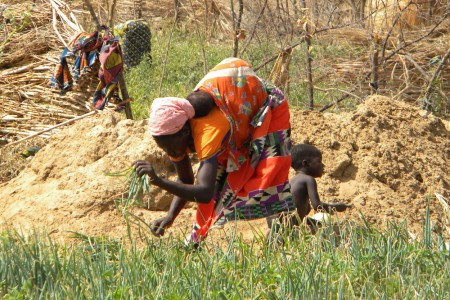The ability of agricultural systems in the Volta River basin to provide for the needs and demands of a growing population is not evident and those demands are compounded by environmental degradation from population growth and climatic pressures. In areas with little precipitation, improving rainfed crop water productivity through improved water-use efficiency can increase agricultural production. But these technologies must be suitable for both the people living in the region and the ecosystems that support production. Managing how specific interventions are integrated into landscapes with a diversity of agro-ecosystems, from grazed to rainfed and irrigated systems, and the interaction between the private and common pool resources of each system, remains a challenge.
This project is working to improve the capacities of NGO and extension workers in the northern Volta River basin to identify and implement irrigated and rainfed technologies that increase adaptability and transformability of local livelihoods and close yield, nutrition and ecosystem service gaps. Building this capacity will require the co-development of benefit sharing mechanisms with stakeholders, along with trainings, professional development and the introduction of targeting tools.








